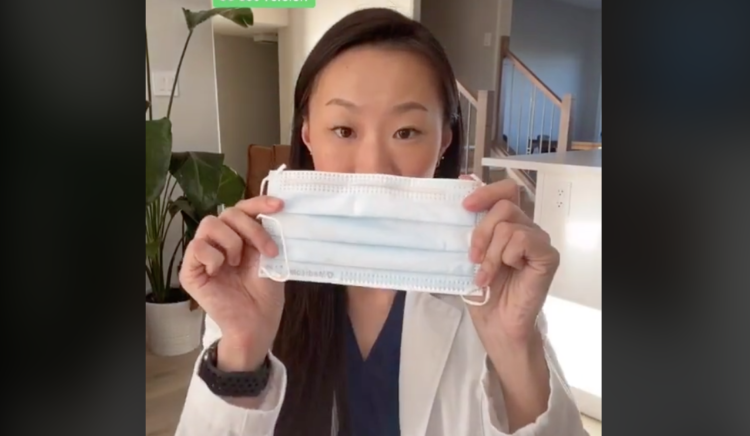Boy’s miraculous trip to the dentist sheds light on tongue-tie
Most us have tripped over our words before, and you may have referred to your linguistic flub as being “tongue-tied.” But it turns out that tongue-tie is a real medical condition that can lead to difficulty in speaking. Luckily, it’s treatable through a simple procedure.
Mason Motz, a 6-year-old boy from Texas, has had trouble communicating his whole life, which his parents believed was due to a developmental disorder. After a routine trip to the dentist, they learned that he was suffering from tongue-tie.
Dr. Amy Luedemann-Lazar at Kidstown Dental in Katy, Texas, discovered Motz’s condition and was able to correct it by using a laser to cut the tissue under his tongue that was making it hard for him to speak. It took about 30 seconds and has completely changed the boy’s ability to communicate clearly.
Motz’s parents noticed the change that very night.
“Instead of pointing to food or pointing to his mouth he was able to … say ‘momma, I’m hungry,'” Dalan Motz, Mason’s father, told CBS News.
Within months, Mason went from speaking at the level of a 1-year-old to that of a 4-year-old. He should catch up to his peers by the age of 13.
In the wake of this miraculous shift, Mason’s mom, Meredith, is urging other parents to advocate on behalf of their children when they sense that something is not right. Watch Meredith talk about the amazing change in her son in the “Inside Edition” segment below:
“[Parents] should trust their gut instincts about their child,” she told “Inside Edition.” “If you think that something is going on, doctors may tell you one thing, but keep looking and keep trying because you’re usually right. You know your child best.”
What Is Tongue-Tie?
The medical term for tongue-tie is ankyloglossia, and it’s present at birth. With tongue-tie, the band of tissue known as the lingual frenulum that connects the bottom of the tongue’s tip to the floor of the mouth is unusually short, thick or tight, which restricts the tongue’s range of motion.
Tongue-tie can interfere with breastfeeding and can cause problems with speaking, eating and swallowing. A child may have also have a hard time sticking out their tongue. You may also notice that the tongue appears notched or heart-shaped when stuck out.
Anyone can have tongue-tie, but it’s more common in boys and can sometimes run in families. If tongue-tie is detected in an infant, not all doctors recommend treating it right away, as the problem can sometimes correct over time.
Tongue-tie can usually be corrected with a simple procedure, as was used in Mason’s case. But sometimes, a more extensive procedure — known as frenuloplasty — is necessary. This procedure is done under general anesthesia with surgical tools.
If your infant or child is exhibiting signs of tongue-tie, see your doctor.







